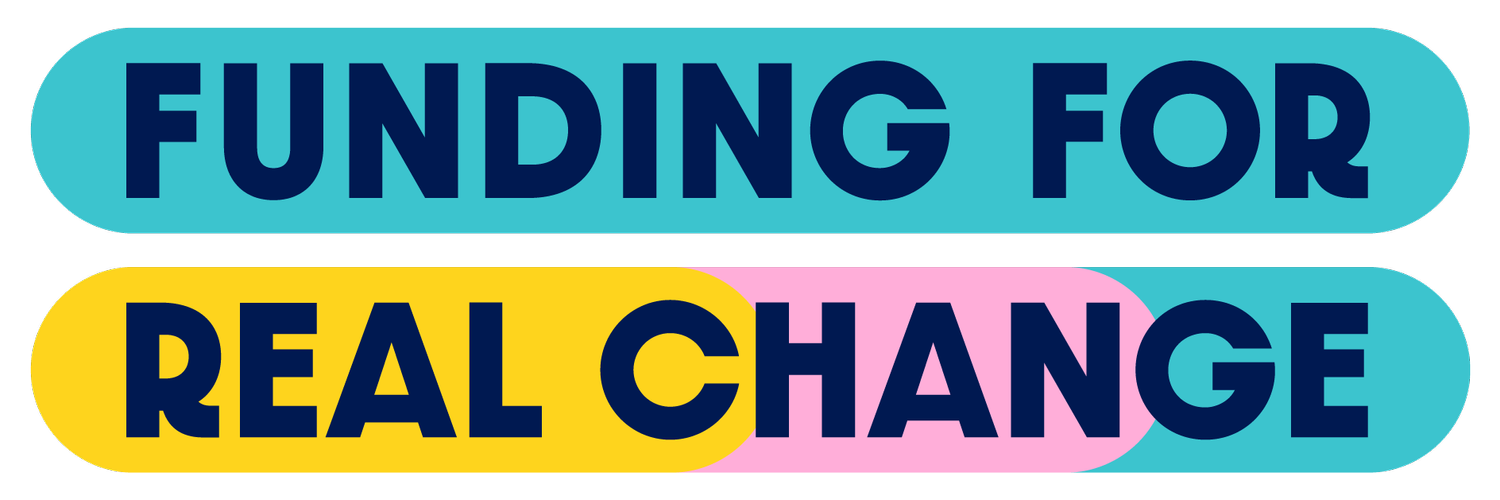Use of Crises to Galvanize
Crises like COVID-19, racial reckoning, and political threats to women’s and immigrants’ rights create a burning platform for change that prompts funders to unrestrict grants, increase funding flows, and maintain flexible funding to build resilience for future challenges to advancing justice.
Data Highlight
Funders rated crises as the number four most influential factor in shifting toward more flexible funding (Accelerating Equitable Grantmaking Survey, MilwayPLUS, November 2021, n=30).
Additional Resources
“My Organization Is a Testament to Why Unrestricted Funding Matters,” Chronicle of Philanthropy opinion piece by Nicholas Turner, president of the Vera Institute for Justice
“A Call to Action: Philanthropy’s Commitment During COVID-19,” pledge signed by 800+ foundations to commit flexible resources to support nonprofit partners as they respond to the COVID-19 pandemic
Foundations Respond to Crisis: Lasting Change? Center for Effective Philanthropy research report on foundations’ responses to the COVID-19 crisis
“Funders, this crisis is the time to significantly increase funding for advocacy and community organizing, not cut down on it,” blog post by Vu Le of Nonprofit AF
“Building a Trust-Based Philanthropy to Shift Power Back to Communities,” SSIR article about building and demonstrating a trust-based culture, investing in community leadership capacity building, and opening up decision-making and information-sharing structures
Getting Started:
-
Read the practices of Trust-Based Philanthropy and assess your crisis grantmaking policies against them. Discuss and vote on ongoing policies that would preserve crisis-driven reductions on restrictions and longer timeframes on grants to drive greater impact in all times and build grantee resilience for the future.
-
Assess the impact of any pilot programs during the pandemic that reduced restrictions and extended timelines, and develop policy proposals to preserve practices that strengthened grantees, shared power, and increased impact.
-
Gather stories and data about how unrestricted funding during a crisis has advanced strategy, mission, and organizational strength of grantees.
-
Testify to the need for ongoing multiyear, flexible funding to strengthen your organization for the next crisis and build resilience through retaining staff, building skills, and developing creative contingency and response plans.
